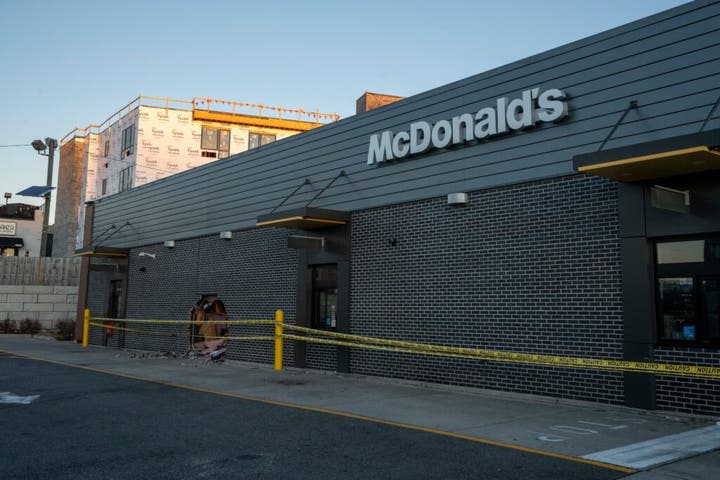
Restaurant pay has never been simple, and McDonald's (NYSE:MCD) CEO Chris Kempczinski says a new tax break just tilted the balance even further.
Appearing on CNBC, he weighed in on President Donald Trump's Big Beautiful Bill Act, which makes tips tax-free for service workers. Servers and bartenders welcomed the change, but Kempczinski argued it skews competition in ways that chains like his can't benefit from.
"The issue with no tax on tips is it only benefited those restaurants that have tips," he explained. McDonald's doesn't accept them. "We don't do tipping in McDonald's, and so we don't get the benefit of, essentially, that tax relief there."
Don't Miss:
- The same firms that backed Uber, Venmo and eBay are investing in this pre-IPO company disrupting a $1.8T market — and you can too at just $2.90/share.
- Kevin O'Leary Loves ‘Wonderful Recurring Cash Flows' — These Small Industrial Assets Deliver Just That
Still, he stressed that the company isn't against the idea. In fact, Kempczinski said he supports it. The problem, he argued, is that it introduces an imbalance between tipped and non-tipped restaurants. Under federal law, operators can pay servers just $2.13 an hour if tips raise them to the $7.25 minimum wage. Add tax-free gratuities, and those same businesses now gain an additional edge.
"If you are a restaurant that allows tips … you're essentially getting the customer to pay for your labor, and you're getting an extra benefit from no taxes on tips," Kempczinski said. "That has created an uneven playing field."
The unevenness shows up in margins more than menu boards. While consumers may not see burger prices change overnight, restaurants that lean on tips suddenly have more room to maneuver. McDonald's, which pays set wages regardless of gratuities, doesn't share in the relief.
Trending: From Chipotle to Red Bull, Top Brands Are Already Building With Modern Mill's Tree-Free Wood Alternative — Here's How You Can Invest Too
Kempczinski wasn't calling for the tax break to be repealed. Instead, he offered a different solution: equal wages across the industry. "Everybody should be paying the same minimum wage," he said, pointing out that states such as California, Minnesota, and Alaska already require this. He added that "those kinds of laws could help reduce poverty and employee turnover without costing jobs."
The poverty gap is real. In states that still permit the $2.13 tipped wage, service workers face a much higher risk of falling below the poverty line compared with states that mandate one standard wage. That divide, Kempczinski suggested, undermines fairness and stability for the sector long term.
See Also: ‘Scrolling To UBI' — Deloitte's #1 fastest-growing software company allows users to earn money on their phones. You can invest today for just $0.30/share.
For McDonald's, the conversation also comes as the company confronts affordability concerns. After years of sharp price increases — with combo meals climbing past $10 and even hitting $18 in some areas — the chain is re-emphasizing value. Customers are seeing the return of Extra Value Meals, including $5 breakfast sandwiches and $8 Big Mac combos. To make the discounts stick, McDonald's is even subsidizing franchisees. The goal: bring back budget-conscious diners who've cut back.
Whether the no-tax-on-tips law reshapes the restaurant industry or simply deepens an existing divide remains to be seen. But Kempczinski's bottom line was clear: tax breaks for tips may be popular, yet fairness only comes when every worker is paid the same minimum wage. Until then, McDonald's is playing on a different field.
Read Next: An EA Co-Founder Shapes This VC Backed Marketplace—Now You Can Invest in Gaming's Next Big Platform
Image: Imagn Images







